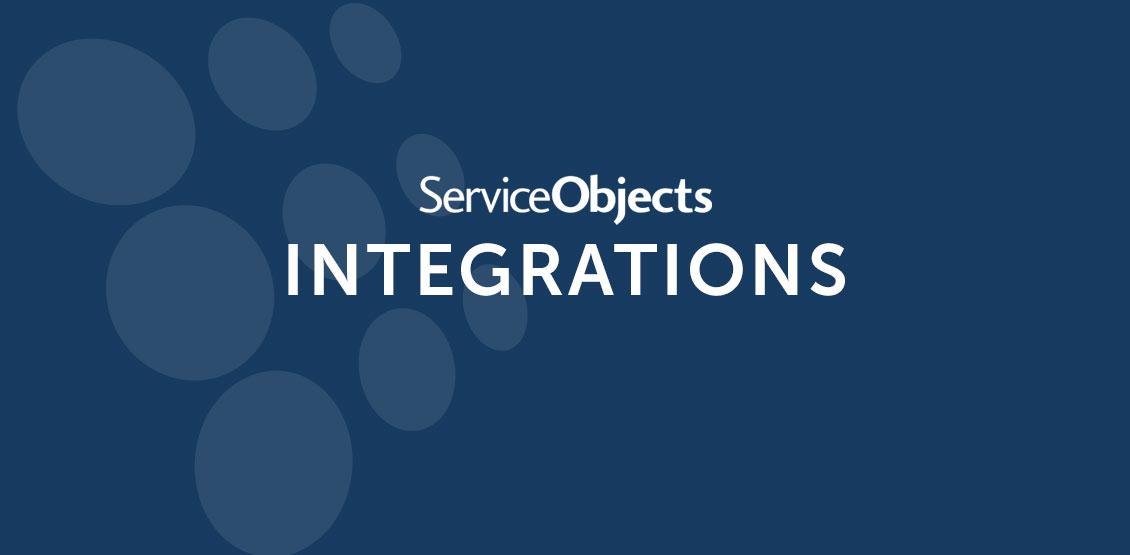Data integrity is one of those pleasant-sounding buzzphrases that seem self-evident to most people. Who doesn’t want their data to have integrity? But in fact, this term has a very specific meaning that is often critically important to you and your business – the Business Dictionary defines it as maintaining the accuracy and consistency of your data, particularly as it is updated, over its entire life cycle.
In fact, you can make a case that data integrity is the single most important factor behind all of your organization’s data-driven efforts, including marketing, sales, order fulfillment, and customer relationships. In this article we’ll take a look at what data integrity means for you, and more importantly, what you can do to ensure it.
Defining data integrity
First, let’s break down the meaning of data integrity. Its general principles start with consistency at a database level, such as unique records that aren’t null or duplicated, appropriate relationships between data elements, and accurate data types – for example, a ZIP code field that contains a 5-digit or 9-digit number within the acceptable range for ZIP codes.
A broader definition involves ensuring that data is accurate and consistent at a usage level. Are data items in the correct fields to be used accurately? Is data bogus, inconsistent, or in the wrong format? Are there safeguards against data entry errors or data decay? Is the data up to date?
Contact data integrity becomes particularly important because it has many touchpoints and often doesn’t age well. For example, it can be incorrect due to data entry errors, or correct but in the wrong format. It can also be fraudulent, or non-existent, or maintained in different places by different stakeholders. Not to mention that a high percentage of contact data changes every year with relocations, job changes and more.
The costs of inaccurate and inconsistent data can be very high for most organizations. At the very least, it wastes human and financial resources when you attempt to use this data: the commonly cited 1-10-100 principle holds that bad data can cost 1 cent to prevent, 10 cents to fix, and one dollar to ignore. More important, it can lead to consequences ranging from fraud to severe compliance penalties. Fortunately, most of these problems are preventable with the right strategy.
Ensuring data integrity
Data integrity is a multi-dimensional issue. Part of it involves the core business processes surrounding your data, including data security, access controls, and preventing “silos” of redundant information across different functions. Having consistent business-wide data practices is also important, an issue that has led to formal data governance roles in many organizations.
Data validation is also a critical part – perhaps the most critical part – of data integrity. It is also the part that most commonly requires third-party tools, because most firms lack the in-house capability to validate their address, email, phone or other contact information against authoritative resources that are continually updated.
This is where we come in, of course. Our entire suite of products, including our flagship contact data validation services, is designed to ensure that your contact data is accurate, genuine, and up-to-date. More importantly, these products are designed around API interfaces that allow you to integrate critical data integrity functions directly within your business applications, at the point of data entry or use. We bring the power of the world’s contact data resources into your business processes, backed by a friendly and knowledgeable technical staff that is available 24/7/365 – and we’re here to serve you.





